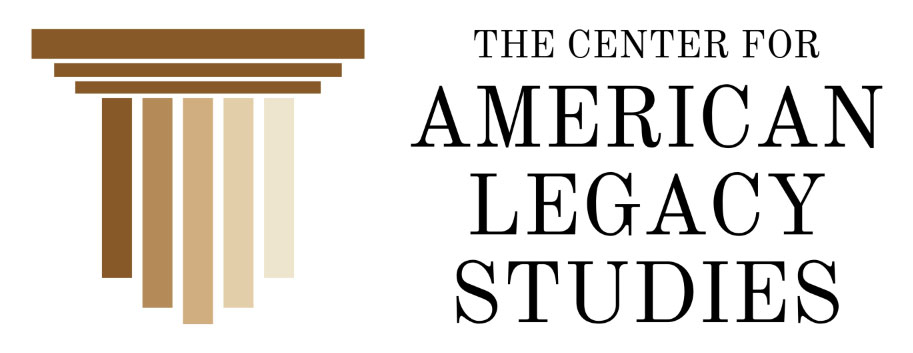 In 1951, Mortimer Adler wrote a insightful essay on education entitled, Labor, Leisure, and Liberal Education.
In 1951, Mortimer Adler wrote a insightful essay on education entitled, Labor, Leisure, and Liberal Education.
I have included a short excerpt, if you like it just click on the link above for the full article.
The application deadline for Monticello College is February 15, 2018. Click here to apply and qualify for a $1,000 scholarship.
Let me begin where anyone has to begin—with a tentative definition of education. Education is a practical activity. It is concerned with means to be employed or devised for the achievement of an end.

The broadest definition with which no one, I think, can disagree is that education is a process which aims at the improvement or the betterment of men, in themselves and in relation to society.
Few will quarrel with this definition because most people are willing to say that education is good; and its being good requires it to do something that is good for men. The definition says precisely this: that education improves men or makes them better.
All the quarrels that exist in educational philosophy exist because men have different conceptions of what the good life is, of what is good for man, of the conditions under which man is improved or bettered.
Within that large area of controversy about education, there is one fundamental distinction to which I should like to call to your attention.
There seem to be two ways in which men can be bettered or improved: first, with respect to special functions or talents and, second, with respect to the capacities and functions that are common to all men. Let me explain.
 In civilized societies, and even in primitive societies, there is always a rudimentary, and often a very complex, division of labor. Society exists through a diversity of occupations, through different groups of men performing different functions.
In civilized societies, and even in primitive societies, there is always a rudimentary, and often a very complex, division of labor. Society exists through a diversity of occupations, through different groups of men performing different functions.
In addition to the division of labor and the consequent diversity of functions, there is the simple natural fact of individual differences.
So one view of education is that which takes these individual and functional differences into consideration and says that men are made better by adjusting them to their occupations, by making them better carpenters or better dentists or better bricklayers, by improving them, in other words, in the direction of their own special talents.
 The other view differs from this, in that it makes the primary aim of education the betterment of men not with respect to their differences but with respect to the similarities which all men have. According to this theory, if there are certain things that all men can do, or certain things that all men must do, it is with these that education is chiefly concerned.
The other view differs from this, in that it makes the primary aim of education the betterment of men not with respect to their differences but with respect to the similarities which all men have. According to this theory, if there are certain things that all men can do, or certain things that all men must do, it is with these that education is chiefly concerned.
